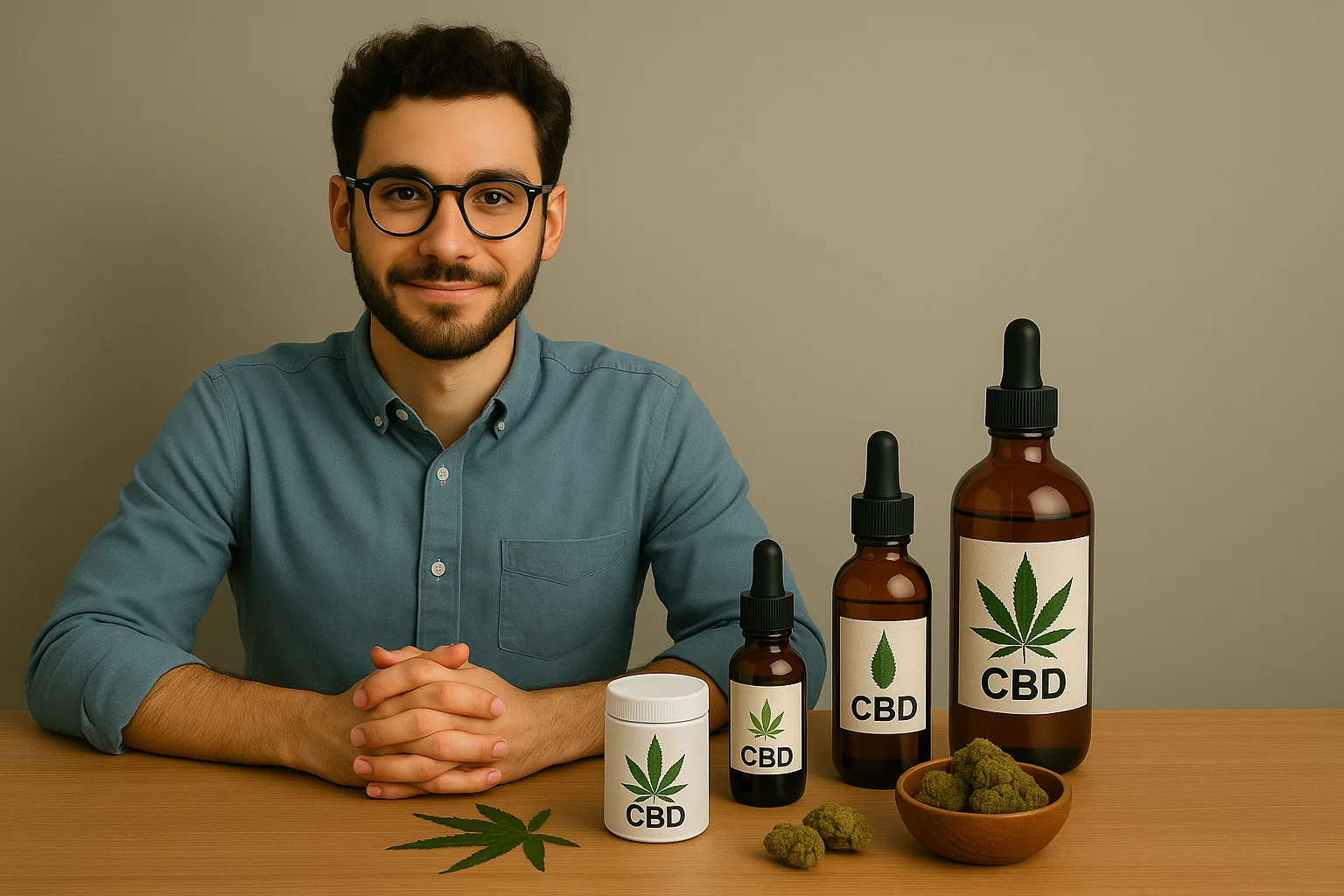By Jesse Clark
Starting a legal business selling medicinal hemp products isn’t just about having a good product—it’s about navigating complex regulations, building trust, and creating a brand that stands out in a saturated market. If you’re considering stepping into the hemp industry, know this: there’s a roadmap to follow, but no shortcuts. The market is booming, but that doesn’t mean every business thrives. Without a smart, compliant approach, you risk getting buried in legal red tape—or worse, losing customer trust before you ever gain it. Here’s how to do it right from day one.
1. Understand Federal and State Laws
Before designing your logo or launching a website, get clear on the legal framework. Under the 2018 Farm Bill, hemp-derived products containing less than 0.3% delta-9 THC on a dry weight basis are federally legal. But state laws vary significantly. Some states, like New York, require detailed labeling, third-party testing, and licensing through agencies such as the Department of Agriculture or Office of Cannabis Management. Others, like Idaho, still prohibit any THC content. Failing to understand your state’s specific regulations is a fast track to enforcement action.
2. Obtain the Proper Licenses and Permits
Yes, the paperwork sucks—but skipping it is how businesses get shut down. Depending on your location, you may need a hemp handler’s license, retail sales permit, or food establishment permit if you’re selling ingestibles. Some states require registration through both the Department of Agriculture and local health authorities. Also, establish your business entity (LLC, S-Corp, etc.) before applying to avoid processing delays.
⚠️ Note: Check with your state’s Department of Agriculture or Cannabis Regulatory Authority for current licensing requirements, as these change often.
3. Research Market Trends and Consumer Demand
To stand out, you must understand what today’s consumers actually want. Products like THCa diamonds, live resin vapes, and full-spectrum tinctures are gaining traction for their unique effects and potency. Track sales data, monitor dispensary trends, and pay attention to customer reviews across social media and forums like Reddit. Market research tools like Brightfield Group or Headset can also offer valuable insights for hemp-specific consumer behavior.
4. Build a Transparent, Trustworthy Brand
Consumers expect transparency—anything less and you’re toast. Use third-party lab testing for every product, and make results accessible via QR codes on packaging. Prioritize clean design, clear labeling, and educational content. Your brand’s voice should communicate safety, integrity, and education. If customers sense even a hint of secrecy, they’ll move on to a brand they trust.
5. Market Within Legal Boundaries
Marketing hemp isn’t like selling shoes or snacks. Google Ads, Meta (Facebook/Instagram), and other platforms restrict or outright ban hemp advertising. That’s why many brands invest in organic SEO, content marketing, affiliate strategies, and influencer collaborations. Be mindful of your language—never claim your product “cures” or “treats” medical conditions unless you want to deal with the FDA or FTC. Stick to factual descriptions and let user testimonials speak for themselves.
6. Master Retail and E-Commerce Channels
Some hemp businesses go all-in on digital, others focus on physical retail—but the smart ones do both. If you’re online, you’ll need:
-
An SEO-optimized website
-
A compliant payment processor (like Square, Paybotic, or WooCommerce with CBD plugins)
-
A secure and discreet shipping solution
If you’re launching a storefront, location matters. Being near yoga studios, wellness clinics, or holistic health centers can drive natural foot traffic. Also consider wholesale and white-label partnerships to expand your product reach.
7. Stay Ahead of Industry Changes
The hemp space shifts constantly—regulations change, consumer preferences evolve, and new cannabinoids hit the market regularly (hello, CBN and CBG). Stay plugged in by subscribing to trade publications like Hemp Industry Daily, joining associations like the U.S. Hemp Roundtable, and networking with other operators. Adaptability is your biggest competitive edge.
Final Thoughts
The medicinal hemp industry is rich with opportunity, but it’s no place for the unprepared. You can’t cut corners, ignore regulations, or ride on hype alone. If you want to build a brand that lasts, you need to do it right—legally, ethically, and with a long-term vision. Customers demand quality. Regulators demand compliance. And the competition? It’s fierce.
The good news? Brands that take the time to build smart, stay informed, and earn trust are the ones that survive—and thrive.
Stay informed and inspired with Herbage Magazine—your go-to resource for cannabis industry news, trends, and lifestyle tips. Whether you’re launching a brand or just exploring the scene, we’ve got the insights to help you grow.


